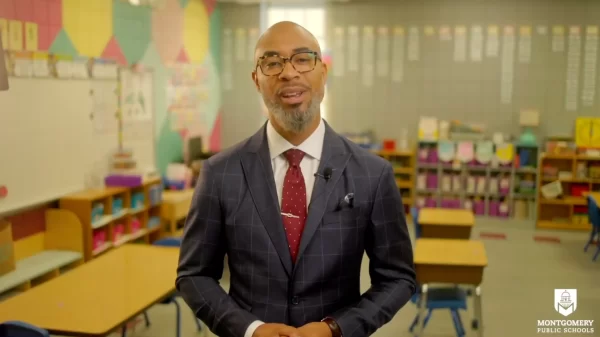By Artur Davis
In Montgomery’s poorly performing school system, our magnet schools have been the safe harbor. They are the institutions that win national recognition for accomplishment, succeed in preparing all of their students for the rigors of college, and they remain one of the most diverse institutions in Montgomery. Visit a classroom at LAMP, or BTW, and you can find the children of African American lawyers, white banking executives, and Asian professors side by side with kids from housing projects. Without question, the magnets are one of the best assets we can advertise to families to get them to choose Montgomery over other cities in the river region.
This week, the County School Board announced policy changes that could upset the excellence of Montgomery’s magnet schools. The most notable are that applicants will no longer be ranked based on their academic performance, only first graders will be tested, and new candidates will be subjected to a pure lottery. It is true, as the board has pointed out, that high grades alone have never guaranteed admission to the magnets (any more than they do for a college) but these schools have not run from their mission of providing the most demanding, high quality academic experience that our public school can offer.
There is understandable fear across Montgomery that this mission of excellence is in jeopardy. I agree, and wish my competitors in the mayoral race would stand with me in opposing these new rules and urging the school board to push back against them even if it means litigation.
The federal guidelines that are prompting these changes should be challenged rather than taken at face value. There is no factual basis for concluding that the current admissions process discriminates against African American students: the magnets’ 60 percent AA population roughly mirrors the city’s overall racial numbers. If Washington is somehow faulting the magnets for falling short of the 78% black population for the overall Montgomery system, it would actually be punishing these schools for attaining a racial balance that has slipped out of reach for the rest of Montgomery’s schools: a deeply unfair conclusion that I doubt any court would sustain.
There may be some mindset at work that given their track record of success, the magnets ought to be more available to a wider group of students. But watering down admission standards for the magnets won’t raise the preparation levels of children in other public schools, or make the students lotteried into the magnets any more capable of competing once they get there. In fact, if the school board is right when it maintains that the magnets still won’t weaken their curriculum under this new plan, the result will be cruel: higher levels of failure for kids who aren’t prepared for their new magnet school, and a risk that the national and state rankings of schools like LAMP and BTW will be jeopardized. In other words, less prestigious magnets while the rest of the schools continue to struggle.
When I argue for a city school system, I always point out the value of accountability in the mayor’s office instead of in an unelected superintendent, or in a county board that has to answer to the politics of each district over the entire community. I firmly believe that the current lack of accountability explains why a change that is causing so much distress is being implemented without a fight. I believe that I could build a city system that preserves excellence while making every single school a viable place for children to learn. The ones who say both can’t be done are only testifying to their lack of vision.
Let us hear from you if you agree.























































